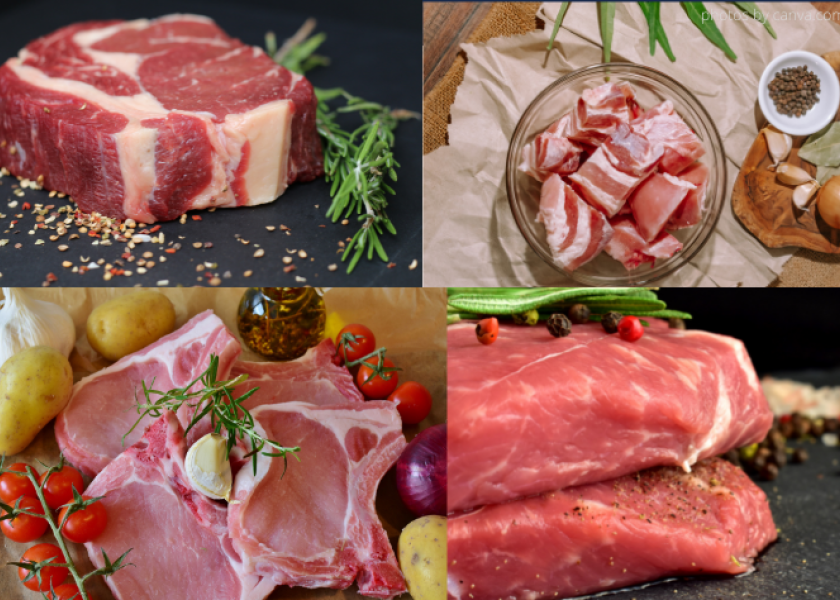Red Meat Tariffs Off the Hook as Food Prices Soar

“Some of our global customers have higher rates of inflation than us, so now is the time to try to reduce that impact. One way to do it is to offset, reduce or eliminate existing inbound tariffs,” says Dan Halstrom, U.S. Meat Export Federation (USMEF) president and CEO.
With rising prices at the store, many of these countries have taken action to reduce inflation pressures.
USMEF Vice President of Economic Analysis, Erin Borror, notes the countries who have changed tariff policy on imports:
• Mexico eliminated tariffs on beef, pork and poultry.
• Phillippines reduced tariffs on pork as an extension of their African swine fever-related shortage.
• Vietnam will reduce pork tariffs beginning in July.
• Korea announced a duty-free quota for pork.
• Taiwan decreased their import duty on beef by 50%.
• Brazil eliminated their beef tariff.
Despite a population of consumers that are most vulnerable to high food prices, many African markets, some South American and Caribbean markets, India and Thailand continue to hold high tariffs.
Tariff changes have increased opportunities, as many vendors shifted to selling imported meat.
In the Philippines, USMEF Representative Dave Rentoria notes, “many local vendors have shifted to selling imported pork because of the lower price in the retail section, like 30 to 40% cheaper.”
In many cases, tariff reductions benefit trade competitors more than the U.S., but that’s largely due to the early start the U.S. had on free trade agreements, USMEF says.
“If we’re on a level playing field duty-wise or better, we will win,” Halstrom says. “I’m convinced that with our industry, our reputation and our differentiated high-value product, if we are on a level playing field, we can compete with anybody in the world.”







